Phaware Podcast: Cynthia Sandova and Sylvia Lakalaka
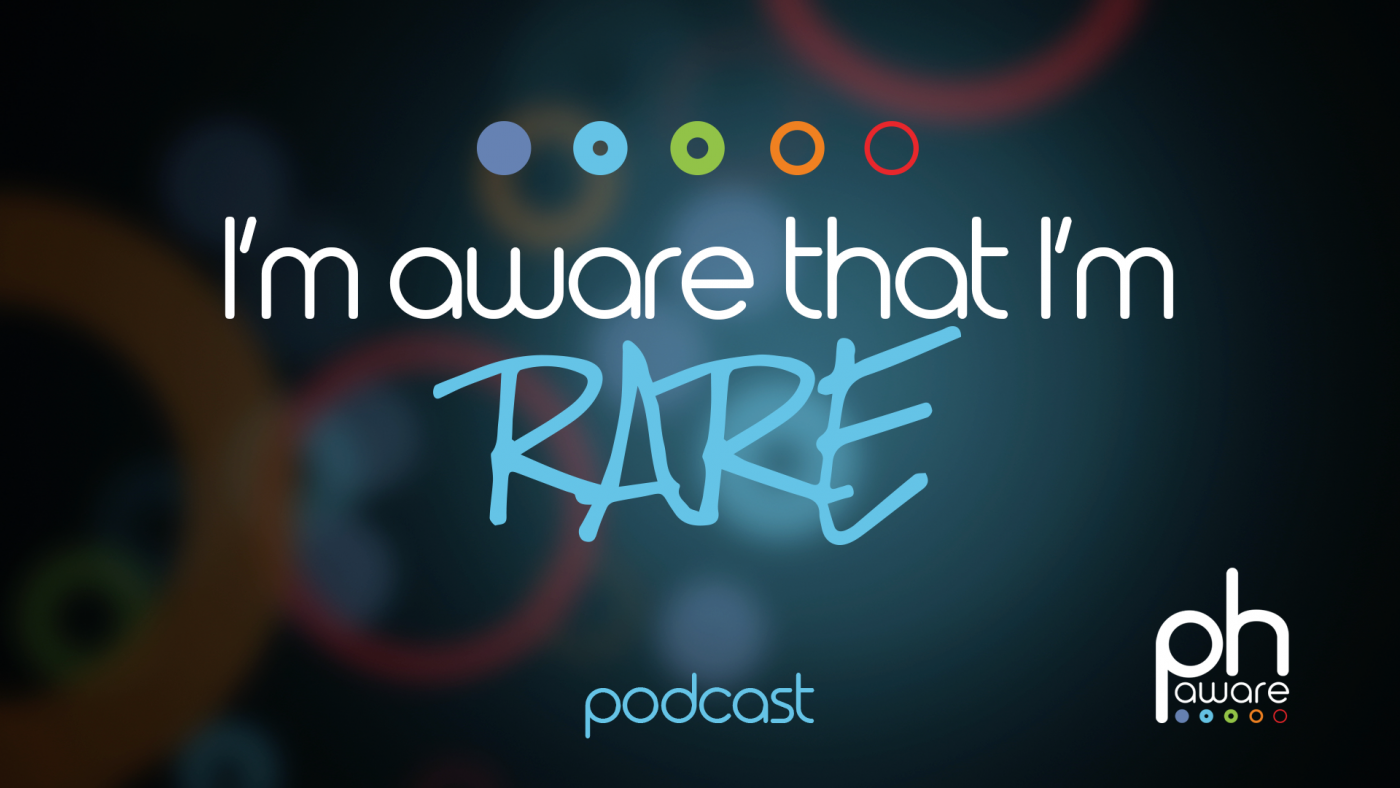
This podcast series, created and produced by phaware, is being offered as a regular guest feature on Pulmonary Hypertension News to bring the voices and life experiences of PH patients, family members, caregivers, healthcare specialists, and others to our readers. You can listen to the podcast directly, or read it via the transcript that runs just below.
I’m Aware That I’m Rare: Cynthia Sandova & Sylvia Lakalaka
The phaware™ interview
Sisters Cynthia Sandova and Sylvia Lakalaka describe the difficult road that led to Sylvia’s pulmonary hypertension diagnosis. They discuss their plans to bring #phaware-ness around the world and a project they want to start in hope of making life easier for children who suffer from this rare disease.
Cynthia:
My name is Cynthia Sandova and I’m from Parlor, California.
Sylvia:
My name is Sylvia Lakalaka and I’m from Exetor, California. In 2013 I was diagnosed with IPAH and it came out of nowhere. I 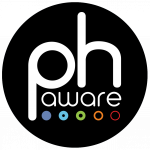 never had anything wrong with me, maybe flu once in my life and a gallbladder taken out in ’97. Was always in perfectly good health, nothing wrong with me whatsoever. Then exercising and trying to lose weight and then for months I’ve been doing it and then all of the sudden, I couldn’t make it across the street to my house. I was like, what’s going on? Something’s wrong here.
never had anything wrong with me, maybe flu once in my life and a gallbladder taken out in ’97. Was always in perfectly good health, nothing wrong with me whatsoever. Then exercising and trying to lose weight and then for months I’ve been doing it and then all of the sudden, I couldn’t make it across the street to my house. I was like, what’s going on? Something’s wrong here.
My boyfriend was concerned, took me to the emergency room and they said “Oh, maybe it’s your heart, it’s monitoring your heart.” For over four days they monitored my heart and they said, “You have a perfectly healthy heart. There’s nothing wrong with it, maybe you have asthma.” Then “Go to your family doctor. Go to my family doctor, I think you have asthma.” Gave me an asthma pump and there I go using an asthma pump maybe 20 times a day and I said, this is not normal. Someone who has asthma, I’m sure doesn’t use a pump 20 times a day because you’re out of breath, you can’t reach from the kitchen table to the sink.
I was like, I went back to my doctor, I don’t have asthma. Well maybe allergies and asthma, let’s change your medication. Changed my medication, didn’t help. Went back to the doctor. I don’t have asthma. Well let’s send you to a pulmonologist. Sent me to a pulmonologist, he checks me, no you have asthma, but my stats were in the 80s, low 80s. I couldn’t even make it from the car to the front door of the office, from the waiting room to his waiting room inside the office.
My stats were so low, but he still insisted I had asthma. I got depressed. It was five months, I was getting bloated, I couldn’t breathe, I couldn’t bend my legs, I couldn’t move my ankles, that’s how swollen I was. Nobody would listen. I knew it was something else.
Cynthia:
Yeah, she ended up going to my mom’s house. She was really depressed and just mad about everything. She didn’t feel good and she can’t sleep, she would sleep up, like sitting up because she was afraid if she laid down she couldn’t breathe, she was going to end up falling asleep and not waking up. She went to my mom’s and my mom kept insisting, you have to go to sleep, you have to go to sleep, you have to rest because that’s why you’re tired. She eventually went to go lay down and then she got up and said mom, bring me the pump, I can’t breathe. When she did the pump, she started throwing up and when she started throwing up, my mom got really concerned and said, I don’t care what you say, we’re going to the hospital.
Sylvia:
Then I go to the hospital and the ER doctor, I explained to him what I’d been going through for five months and that doctor looked at me and said, you know what? I think I know what you have. I have a friend who’s a specialist and I’m going to have him come and see you tomorrow. We’re going to admit you and do some testing and see if what I’m suspecting you have is what you have but he didn’t tell me what it was. They started me on Lasix and boy did all that water come off and I could breathe, I could move, I could bend my legs.
I was like oh my God, I’m getting better. Whatever it is they’re doing, I’m getting better. Sent me to a bigger hospital, got a right heart cath done and other tests done and sure enough, I had pulmonary hypertension. Yeah, it’s devastating but I knew what I had and I knew at least they can give me something to help me feel better. Even if it’s to prolong my life for two years, three years, twenty years, whatever, whatever time I have I know I have hope that at least a cure will come in my lifetime but if not mine, I can help and push for a cure for future PH patients. If that’s my goal in this world, then that’s what I’m going to do.
Cynthia:
Yeah.
Sylvia:
Push to my last breath
Cynthia:
I’m her older sister, so I’ve always cared for my sisters. I lost a younger sister to cancer and now she has PH but I stay strong for them. I get my will and my strength from my mom. When I found out she was really sick it was devastating for me, but I knew that if all she needed was the support and the love and to be there and I’m always there for her. When she was in the hospital, I stayed there two weeks from one hospital to the next.
I slept on a little tiny couch all crunched up and I wasn’t leaving her side and I won’t leave her side. I’ve learned a lot and I’ve seen that there’s people that lived with this for a long time so it gives me hope that she’s not going to ever leave me soon.
Sylvia:
When I first found out I had this, I looked it up and that was scary, the wrong thing to do. Then I looked it up on Facebook, found a support group. The first person I met was my friend Linda. She had it since birth. From there, learning that someone else had it, and how long she lived even though it’s different than mine, because I have IPAH and hers was due to a heart condition, but still I knew there was hope. She invited me into the support group with other people who had PH.
Just talking to each other and knowing that if you have a bad day, you can talk to them and they’ll listen and they know what you’re going through. That uplifted me a lot and it gave me hope. From there, all I wanted to do, just fight to bring awareness. I don’t care how it is, but if I can bring awareness any way I can. Anybody asks me for help and it has something to do with it, I’m going to help because you know what? The cure will come faster if we have more people fighting.
Cynthia:
It takes a village.
Sylvia:
It takes, it does.
Cynthia:
I’m part of Lion’s Club in Parlor, California where I live at, and part of Lion’s logo, motto is we serve. We try as much, to do as much of giving to the community and helping out others and so what I’m doing is, I’ve gone to different counties and cities where we live at to bring awareness, to try to make the Lion’s Club part of PH, because we’re over a million members around the world and nationwide. We’re trying to get all of Lion’s Clubs to be part of PH, to bring awareness around the world.
There’s a lot of the little children that are really sick and stuff and they can’t go swimming so what I told the group was, I’m going to try to do a fundraiser for these children to get swimsuits, air suits so that they can swim during the summertime to be normal. They’re like $200, $300 so I’m going to do that and push to get these kids something so they can be a little bit normal, try to help them out. Helping them and learning a lot of what PH is, it helps me deal with my sister, it helps me to understand.
I will never know what she’s going through, but I’m there and I kind of understand her symptoms and the way she feels and you know, her days when she has good days and bad days. Now that she’s taking this medication that they gave her, it’s a little bit better. She’s able to do a little bit more now. It’s a lot better for us because we’re able to see her more. We’re able to see her do more things because I just don’t like her just sitting there like she’s hopeless because that’s not her.
We need to bring awareness around the world, especially for the children because they do need a cure. They do need to try to get as much of help and medication as the adults do. Part of my thing is that we’re trying to bring awareness for the children also.
Sylvia:
Because they need it just as much as the adults.
Cynthia:
Yes.
Sylvia:
They have less medications available to them and if I know what I went through, I can imagine what they’re going through and it’s even worse. To see that pains me like no end. If I can even help a little child get a body suit so he can feel normal as a little kid for a little while, then I’m going to do that or if it’s just to do simple little things like I’m doing now, it doesn’t matter as long as it brings awareness out so people are aware there are people that have this and they can get early diagnosis instead of being like me for five months almost on my deathbed or someone that had it for years and didn’t know and it got worse. Just to bring awareness before the onset of it comes. We need to make everybody aware and PH Aware does that.
Cynthia:
My name is Cynthia and I’m aware that my sister is rare.
Sylvia:
I’m Sylvia and I am aware that I am rare.
EVERYBODY HAS A STORY. WHAT’S YOURS?
phaware wants to share your pulmonary hypertension story with their engaged global audience. Whether you are a patient, caregiver, or medical professional, they are enlisting PH community members from across the globe. Visit www.phaware.global/podcast to share your story and to be considered for a future episode.
And learn more about pulmonary hypertension at www.phaware.global. #phaware #phawarepod
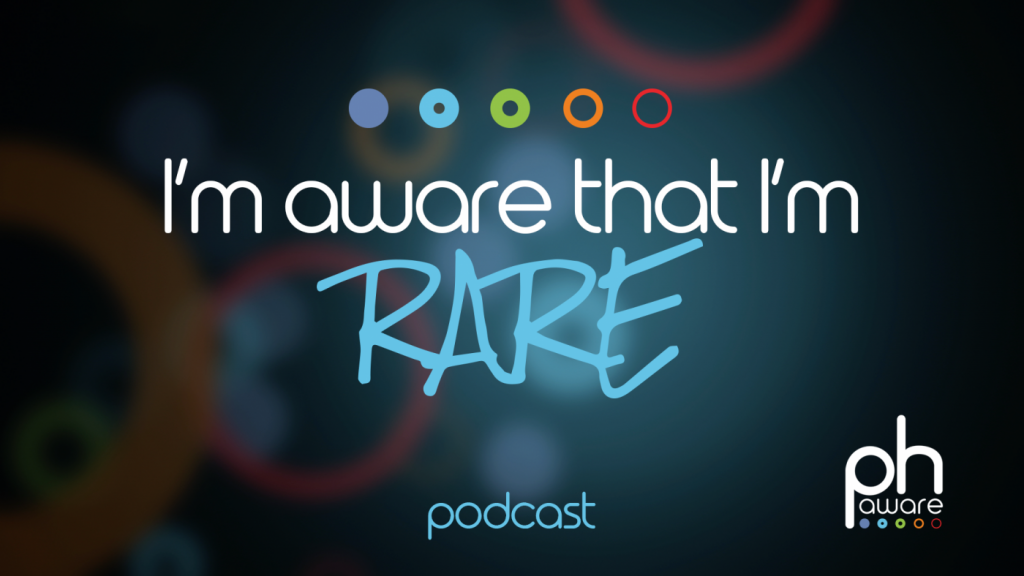
Note: Pulmonary Hypertension News is strictly a news and information website about the disease. It does not provide medical advice, diagnosis, or treatment. This content is not intended to be a substitute for professional medical advice, diagnosis, or treatment. Always seek the advice of your physician or other qualified health provider with any questions you may have regarding a medical condition. Never disregard professional medical advice or delay in seeking it because of something you have read on this website. The opinions expressed in this column are not those of Pulmonary Hypertension News or its parent company, Bionews Services, and are intended to spark discussion about issues pertaining to pulmonary hypertension.




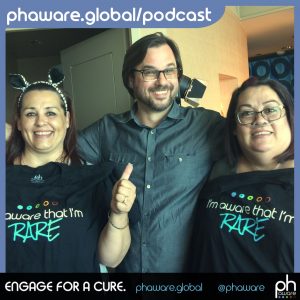



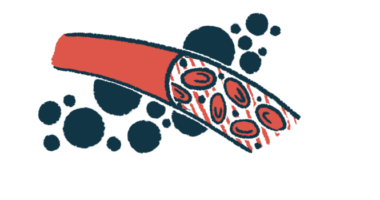
Pam
Trying to survive the waiting game. Scheduled for an echocardiogram on 17th. CT scan already showed clots in my lungs which was done when ajusting my meds for taychardia did not work for my increased shortness of breath and fatigue. History...I threw a clot in 2010 which pass my heart his my lungs and burst..yes lucky to still be here. They say I have beeen producing the clots for some time am on xarelto 20mg. also have eplipsey, reflux, osto arthritis, degenerative disc disease, RLS, and mild connective tissue disorder and yes a coughing asthmatic. My shortness of breath started in November and now even with the blood thinner exertion is out, I start to cough, short breath, chest pain, just feel like a dish rag and it just seems like nobody is concerned even after they say pulmanary hypertension is what they suspect. I just don't get it. Our medical system has gone to the dogs! Sick people have to fight to get proper treatment. I survived throwing a clot and my hemitologist said I was even luckier I survived the care given 8 days in hospital.
Given my history and symptoms what questions should I be asking, what should I expect from them to be doing and what should happen from your experience? I just want to be as prepared as possible. Is this as bad as it seems ......what is the ultimate expectancy. I also don't do well with drugs. This is what really worries me.